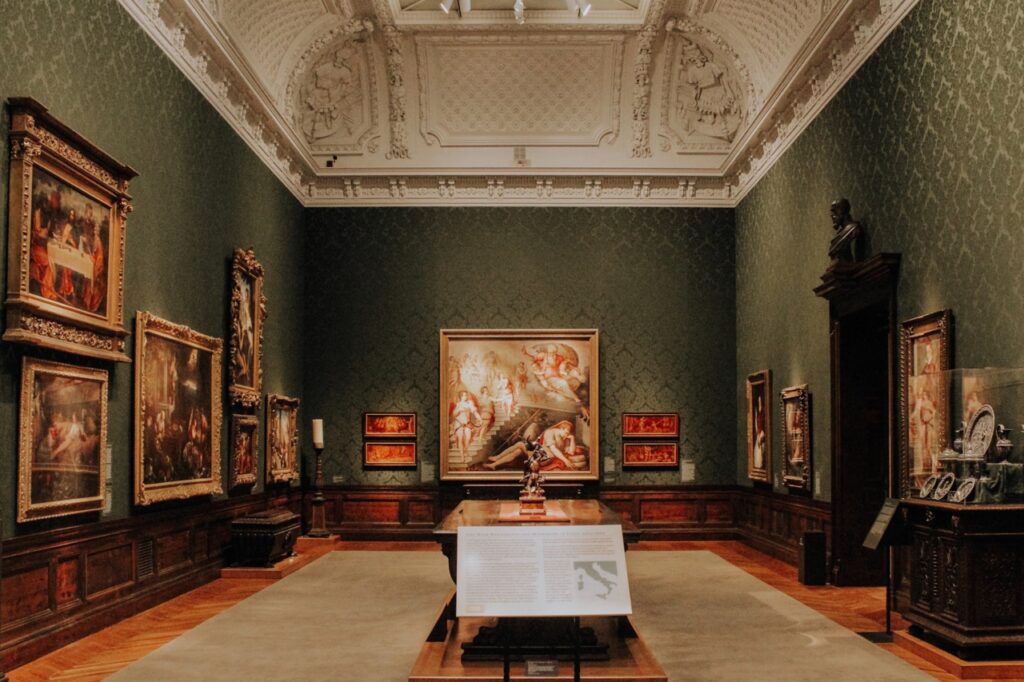Museums are venerable institutions that have long served as custodians of human heritage. They house artifacts, artworks, and historical narratives, serving as bridges to our past. However, in a rapidly changing world fueled by technological advancements and shifting societal norms, the role of museums is evolving. This article delves into the modern-day significance of museums and how they are adapting to preserve heritage amidst the ceaseless tide of change.
Digital Archiving and Virtual Exhibitions:
- The digital realm has provided museums with powerful tools for preserving and showcasing heritage. Digital archiving ensures the longevity of artifacts and documents, while virtual exhibitions allow people worldwide to explore collections, transcending geographical and physical limitations.
Interactive Learning:
- Modern museums are embracing interactive technologies to enhance the learning experience. Augmented Reality (AR) and Virtual Reality (VR) technologies, for instance, are being employed to create immersive educational experiences, making learning engaging and memorable.
Community Engagement:
- Museums are extending their reach beyond their physical premises, engaging with local communities to collect, preserve, and share regional heritage. Through outreach programs, workshops, and collaborative exhibitions, museums are fostering a sense of shared history and cultural pride.
Inclusivity and Representation:
- The importance of inclusivity and diverse representation in museums has gained recognition. By curating exhibitions that reflect a broader spectrum of human experiences and histories, museums are becoming more inclusive spaces that acknowledge and celebrate diversity.
Sustainable Practices:
- As awareness of sustainability grows, museums are adopting eco-friendly practices in their operations. From energy-efficient lighting and climate control to sustainable construction materials, these initiatives contribute to global sustainability goals.
Policy Advocacy and Social Commentary:
- Museums are increasingly playing a role in policy advocacy and social commentary. By hosting exhibitions that tackle contemporary issues, they provide a platform for dialogue and reflection, contributing to the broader societal discourse.
Preservation of Intangible Heritage:
- Beyond physical artifacts, museums are also delving into the preservation of intangible heritage such as traditions, languages, and crafts. This holistic approach to preservation helps maintain a living connection to our collective past.
Professional Development and Research:
- Museums act as hubs for professional development and research in fields like archaeology, history, and art restoration. They provide resources and expertise that contribute to the advancement of knowledge and the training of the next generation of heritage professionals.
The role of museums in a changing world is expansive and vital. By melding traditional preservation practices with modern technologies and societal engagement, museums are ensuring that our rich, diverse heritage remains accessible and relevant. As they adapt to the evolving landscape, museums continue to be beacons of learning, reflection, and cultural continuity, nurturing a profound appreciation for the tapestry of human experience.







